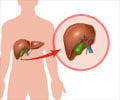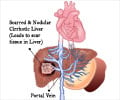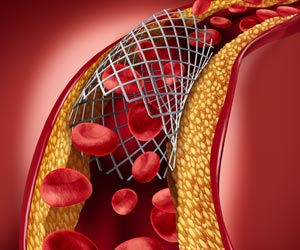Is liver transplant successful with the senolytic drugs? New drugs have been developed to prevent the deterioration of the liver during storage and transplantation.

‘Senolytic drugs that preserve the biliary tract during liver transplantation, could reduce the risk of transplant failure.’





The senolytic drugs were found to protect the liver’s biliary tract, which drains waste from the liver. Failure of the biliary tract can cause a transplant to fail, resulting in the need for a new liver in nearly a quarter of these cases.Liver transplants are currently the only curative option for patients with end-stage liver disease. More than 6,000 people a year receive a liver transplant in Europe with 600 of those in the UK.
Traditionally livers are kept in cold storage at 4 degrees Celsius before transplantation. Previous studies have shown that there is a deterioration in the biliary tract in the time between the liver being removed from the donor and transplanted into the recipient, but the reason for this has not been understood.
To study the biological effects of liver preservation before transplantation, researchers from the University of Edinburgh used mouse models to mimic the procurement of livers, cold storage, and transport.
The team found that during organ preservation, liver cells called cholangiocytes, which maintain the function of the biliary tract, were most susceptible to senescence, an irreversible sleeping state that causes the cells to stop growing. Cold storage made senescence worse, leading to less regeneration of this type of cell after transplant.
Advertisement
Experts say this suggests the drug treatment could reduce the risk of transplant failure due to biliary tract damage. They caution, however, that the safety and efficacy of the drug still need to be tested in human clinical trials.
Advertisement
The need for liver transplant does not match the number of donors of transplantable livers. Therefore, we need to increase the success rate of liver transplantation that improves the quality of life of transplant patients and save on the personal and financial costs associated with transplant failure.
Source-Eurekalert















